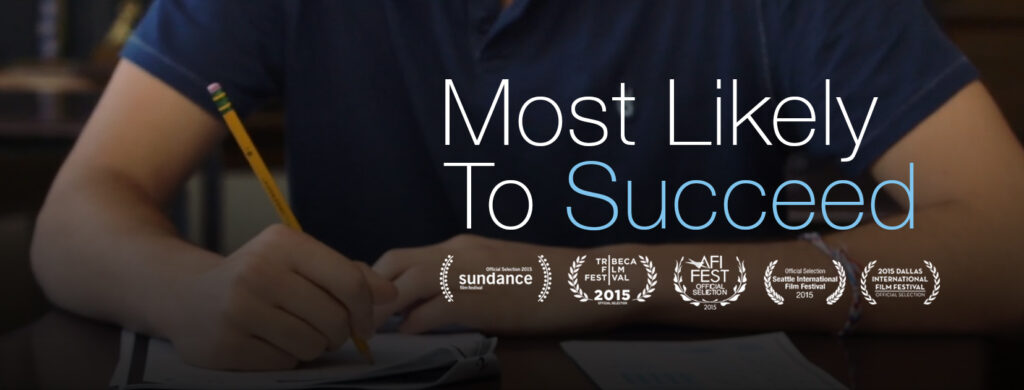This week we watched “Most Likely to Succeed,” a documentary highlighting the pros and cons of both the traditional school system and a more modern student-led approach. This film does well to address the fact that our conventional education system is very old and has not seen a serious renovation in a long time. With the invention of things like robots or the internet, society has been forced into an intense period of change. A drastically changing society may need a drastic update in its school system to keep up.
Do we need to reimagine education?
Considering that the structure of our current education system was designed before the invention of the internet, it is easy to say that it is indeed outdated. Many would argue that our education system does not require change because it has always worked and will continue to do so. Sadly, once students leave the current school system and enter the workforce, they will lack certain skills that many consider to be extremely important. These “skills” refer to things that you would be using in your day-to-day life such as critical or creative thinking. Reimagining education may be the key to preparing students for life instead of just preparing them for more school.
What obstacles do educators often face when they try to change pedagogy?
When an educator is trying to adapt the system, they typically run into some daunting obstacles. The biggest one is the lack of support from up and down the educational chain. Student’s experience through education should act as an ecosystem. Elementary typically prepares them for secondary and secondary typically prepares them for post-secondary and so on. If one of those steps strays away from the others, it severely affects the student’s experience throughout the education system. If there is to be a change to pedagogy, there must be adaptations at every level of education. This is a very difficult task.
What are the Pros and Cons of Lesson Plans vs Learning plans?
Lesson plans are extremely helpful for the educator. It is a detailed outline that the students will follow as a class. This makes it easy for the teacher to monitor everyone’s progress. The issue with lesson plans is the fact that they typically do not recognize that every student learns at different paces and are interested in learning about different things. Learning plans are great because they accommodate the different abilities and interests of each student. Learning plans give students the chance to set goals and pursue something they have a genuine passion for. One of the big flaws with learning plans is that they can be a lot less organized than a lesson plan. This could make it difficult for the teacher to juggle learning plans in search of progress among each individual student.
